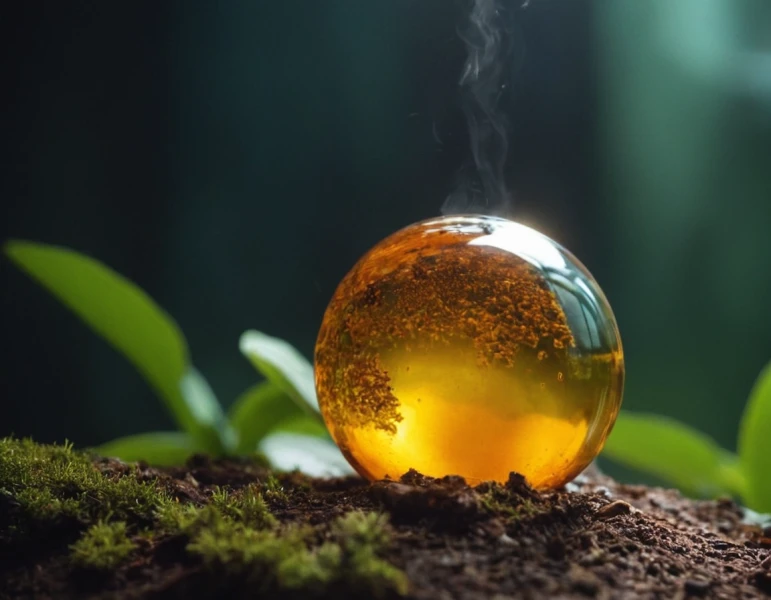Educa UNIVERSITY|SCIENCE AND ENGINEERING
What is Science? A Journey of Discovery
Related Masters
What is Science? A Journey of Discovery
I'm going to tell you about science, but not as they tell it to you at school, eh? I'll tell you from the perspective of someone who has traveled this journey and has seen how it really works in life and in the human mind. My name is Ruben Aguila, and for years I have lived with my curiosity on fire, I have seen theories fall, experiments result in nothing and others open huge doors.
Science in Essence: Definition and Purpose
First, what do we mean by science? Basically, it is a structured system of knowledge, an effort by humans to understand the world through clear and proven methods. No opinions or assumptions are valid here: only facts that can be verified. Since the first modern scientists dared to doubt the ancient Aristotelian view of the universe, back in the 16th century, this approach changed history.

Today, we know that science seeks to observe, test and understand the world in its most complex forms, to improve our daily lives and solve seemingly unfathomable mysteries.
The Scientific Method: The Backbone
There is no magic here. For something to be considered scientific, it has to go through a series of well-structured steps. It all starts with observation and the definition of questions, continues with a hypothesis, is tested in experiments, and ends in conclusions that have to be reviewed and contrasted with other studies.
- Observation and question: You analyze the world, detect something strange and ask yourself, why?
- Hypothesis: A possible answer.
- Experimentation: You test and experiment until you find results.
- Conclusion: You confirm or reject your hypothesis.
- Formal Sciences: They deal with abstract systems such as mathematics, logic and statistics. Without them, the rest of the sciences would have no structure to analyze data.
- Natural Sciences: They investigate the phenomena of the physical world; here we have physics, chemistry and biology. Thanks to them, we know how nature works and how to adapt it to our needs.
- Social Sciences: They study human beings in society, their relationships, culture and behaviors. We speak of anthropology, sociology, economics, among others.
This series of steps may seem simple, but it leads to revolutionary results, and remains the foundation of all science as we know it today.
Types of Science: It's Not All White Coats and Microscopes!
Science is divided into branches, each with its own purpose and method. It's not just physics and chemistry, nor just those TV-series labs:
Applied Science and Pure Science: The Engine of Progress
Within these branches, we differentiate between pure science and applied science. The former is knowledge for the sake of knowledge itself, while the latter seeks to apply it in everyday life: health, technology, transportation and more. Applied science is that which transforms discoveries into practical innovations such as cell phones, medicines or transportation.
The Philosophy Behind Science
Every discovery, every theory provokes deep reflections on what we know and on what we don't know. The philosophy of science asks the "why" behind each discovery, and also explores the ethical constraints, valid methods and changes in paradigms, those sets of accepted knowledge in each era.
Science in Society: Impact and Responsibility
Science does not belong only to scientists. It is a common good. All knowledge generates an impact on society, and its true greatness is measured in how much it helps to solve human problems. Scientific ethics ensure that advances are not only made, but that they respect the limits that society demands.
From the discovery of penicillin to the development of renewable energies, science drives our civilization, and we, as a society, have the responsibility to promote, value and apply this knowledge.
Conclusion: Science in Life
So, what is science? It is the flame that allows us to see beyond, question and understand our reality, and it is the greatest treasure that we as humanity can cultivate.
Science in Life So, what is science?
Faculties
Trainings
The faculties embrace diverse academic disciplines and fields of study, opening doors to new perspectives and exploring different spheres of wisdom in a constantly evolving world.














